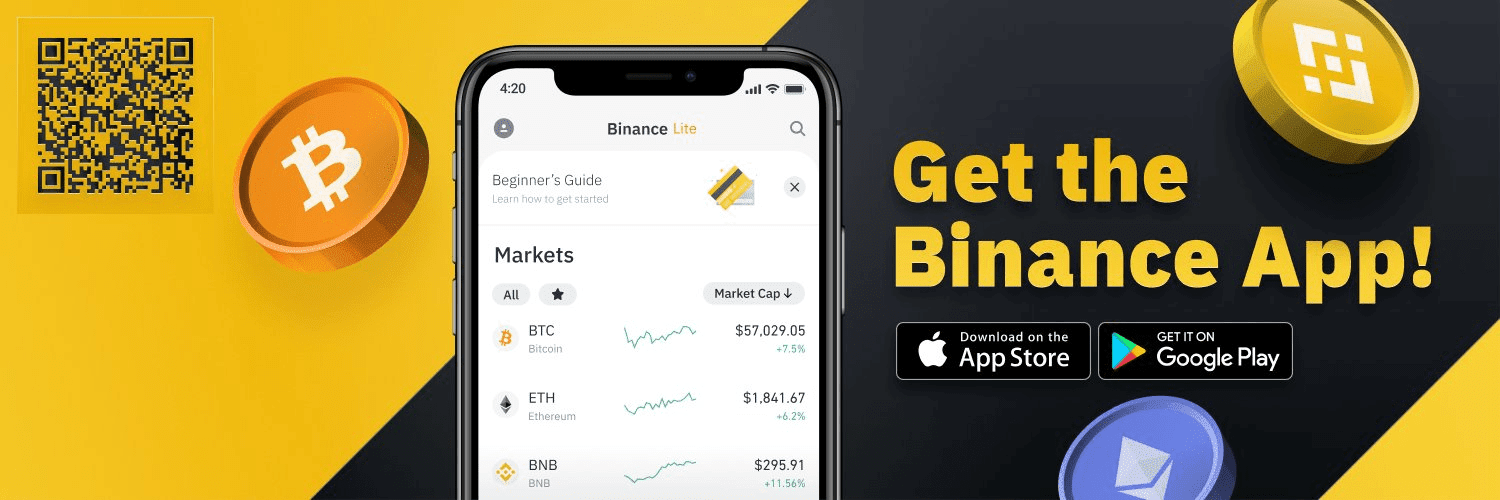But what exactly are NFTs? Why have they taken the world by storm? What happens during an NFT transaction, and what is it that the buyers and sellers are exchanging, exactly?
Introducing NFTs
NFTs are a type of cryptographic token which represents a unique asset on the underlying blockchain. NFTs can represent digital assets (e.g. CryptoKitties) or real-world assets (e.g. ownership rights to physical property). These assets are not interchangeable with other similar assets (non-fungible) and are distinctly unique.
Key to the comprehension of NFTs lies in understanding the concept of fungibility. Generally speaking, fungibility means that an asset’s individual traits are interchangeable and essentially indistinguishable from each other.
For example, money is fungible. One $20 dollar bill is generally no different from another $20 dollar bill. When you lend someone a $20 bill, you don't need (or expect) them to return the exact same bill to you, so long as $20 is returned.
On the other hand, a painting is generally non-fungible. If you lend your friends a painting to hang in their house for a party, you do expect them to return the exact same painting back to you. NFT crypto tokens are like paintings. Each token is unique from all other tokens. Individual traits prove their individuality, and so they are non-fungible, much like other real-world assets like sculptures and basketball cards.
Owning NFTs – What Do You Really Own?
The NFT craze is in full swing. Its rise can mainly be tied to a new class of assets that didn't exist before, and speculators and investors alike are excited for what is to come. But with all of the purchases and transactions tied to NFTs, what exactly have the NFT creators sold, and what have the purchasers received?
Understanding Copyright & NFT Ownership
According to US copyright law, the “ creator of the original expression in a work is its author.” This individual is “also the owner of copyright unless there is a written agreement by which the author assigns the copyright to another person or entity.”
By this definition, a painter who sells a painting retains the original rights to the artwork (unless the copyrights are sold along with it). With these rights, the original painter can make copies of the same painting (in likeness and form), and be well within the law of selling copies of the original painting. On the other hand, while buyers of these paintings may have physical possession of the painting, they do not have the right to make and sell additional copies of it, even though the buyers have the rights to re-sell the copy of the painting which they hold.
However, copyright laws were not drafted with NFTs in mind. And while the general concepts of copyright law can be applied to NFT artworks, there is much more to consider when it comes to the intellectual property (IP) aspect of NFTs.
As NFTs are a new phenomenon, the laws and protection that need to be considered by legal systems worldwide will need some time to fully understand how to protect all parties in the NFT economy. Along the way, the rights of creators and purchasers of NFTs will undoubtedly be challenged, and these digital assets will soon be ripen for copyright battles in various courts of law.
Therefore, for the foreseeable future, it is important that all participants in the NFT space perform sufficient due diligence to protect themselves before selling and purchasing NFTs. But how?
Buying & Selling NFTs – Know What You Have Bought or Sold
Creators need to consider many aspects before selling their NFT works of art. Most important above all is the understanding of the terms & conditions that creators are agreeing to in the various NFT marketplace platforms which are utilized to sell their creations.
Additionally, creators should ensure that ownership of their works is fully embedded into their art and that it's indisputable that all rights and IP ownership are exclusively those of the creator. Remember, while the buyer has bought the original NFT work, this ownership does not give them the right to make and sell copies of the work which was purchased.
Creators should also be careful that their works don't infringe on the intellectual property of others (e.g., including the likeness of Harry Potter in a piece of work that may one day bring you into a courtroom with J.K. Rowling).
Lastly, patent protection should also be considered where possible. Because NFTs utilize digital technologies in their creation, new or novel patentable techniques may be born during the creation of this new form of digital art.
NFT buyers must also perform the necessary due diligence before purchasing NFTs. Ironically, while the key tenets of blockchain include transparency and traceability, the ability to easily confirm either is not an easy task for most of us. After all, how can one easily verify the authenticity of a piece of art? With every part of the NFT transaction living in cyberspace, a sophisticated fraudster may be able to dupe unsuspecting buyers into purchasing a forgery. Until verification technologies become more user-friendly, buyers should beware and stick to highly reputable NFT marketplaces.
Looking Ahead
Despite the controversies and challenges associated with NFTs today, one thing is certain: they are here to stay. NFTs will be a critical component of our digital futures and will help to open up exciting possibilities in new digital worlds. Savvy and lucky participants in the NFT economy may be well rewarded in the future for the financial risks that are taken today. However, as is commonly expressed in the world of cryptocurrency – invest only what you are prepared to lose.
Meanwhile, enjoy watching a new economy unfold and take the proper precautions to protect your own work and assets. With the world of NFT IP still in the early days, be mindful and diligent about the risks with all NFT-related transactions.


